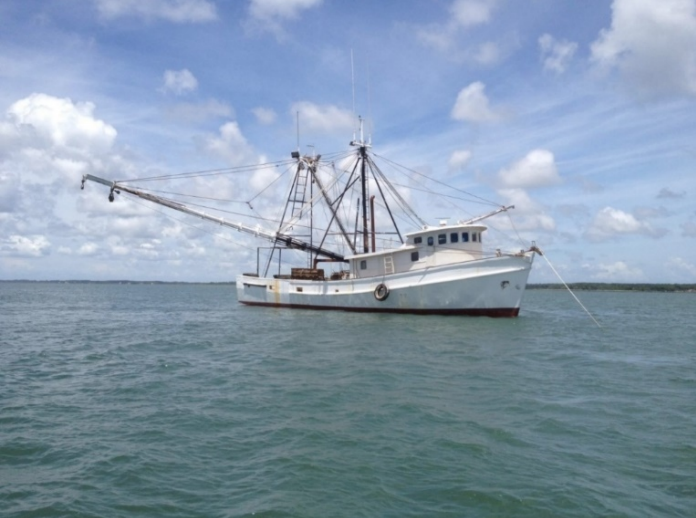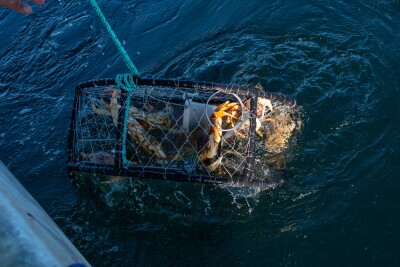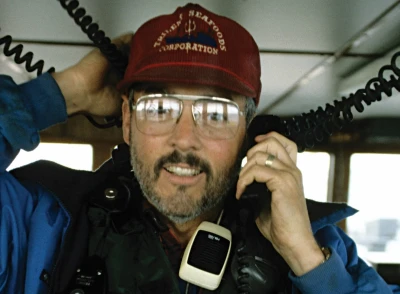On Oct. 13, 2017, the captain of the 74-foot shrimper Southern Bell left the wheelhouse unmanned to check out a steering problem. He didn’t take the transmission out of gear, leaving the Southern Bell traveling at 8.2 mph toward the jetty at Sabine Pass Channel, an outlet for Texas’ Sabine and Neches rivers into the Gulf of Mexico.
The two crewmen were asleep in their bunks when they were awakened by a loud boom as the Southern Bell slammed into rocks outside the Sabine Pass jetty at 7:05 a.m., according to the National Transportation Safety Board’s accident report that was released June 4.
The engine room quickly started filling with water, shutting down the generator, which meant no power for the bilge pumps.
A crewman fired off a flare at 7:27 a.m. Two minutes later the Southern Bell sank. The captain and crew went into the water and were rescued by a nearby vessel.
The Southern Bell’s captain estimated he was out of the wheelhouse for “about 5 minutes.”
However, on that day two pilots were assisting the 970-foot liquefied natural gas carrier Hyundai Princepia after it left the Sabine Pass LNG terminal, when the Southern Bell was detected on a course that could develop into a crossing situation and possible collision. Between 6:44 and 6:46 a.m., about 20 minutes before the Southern Bell hit the rocks, one of the pilots attempted to contact the Southern Bell several times on VHF radio but with no response.

National Transportation Safety Board image.
“It is likely that the captain did not respond to the VHF radio calls because he had already vacated the wheelhouse,” reported the NTSB.
The Southern Bell’s captain did note that he had been operating the Southern Bell for over 24 hours, as the previous day the Southern Bell was trawling for shrimp when a cable for the trawl doors parted, requiring a return to Sabine Pass for repairs. While fatigue might have been a factor in the captain’s decision making, it didn’t let him off the hook for placing himself and his crew at risk and possibly compromising the safety of the Hyundai Principia.
The probable cause of the accident and the sinking of the Southern Bell, said the NTSB, was the “captain’s decision to leave the wheelhouse unattended while still making way as the vessel approached the entrance to Sabine Pass.”







